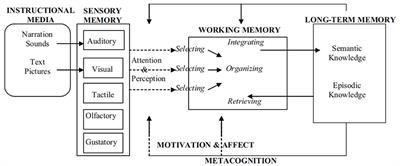MINI REVIEW
Published on 10 Apr 2024
The impact of virtual reality on student engagement in the classroom–a critical review of the literature
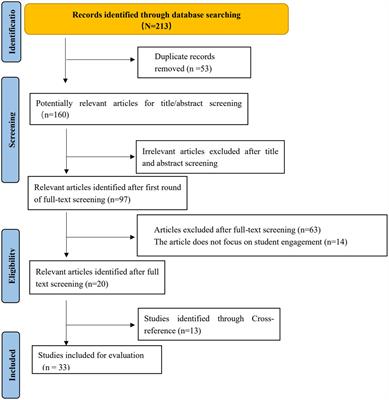
doi 10.3389/fpsyg.2024.1360574
- 15,846 views
- 9 citations
11k
Total downloads
50k
Total views and downloads
MINI REVIEW
Published on 10 Apr 2024

ORIGINAL RESEARCH
Published on 09 Apr 2024

ORIGINAL RESEARCH
Published on 10 Jan 2024
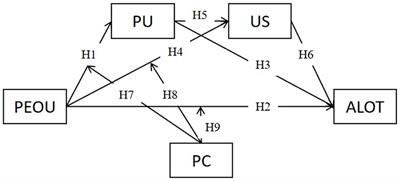
BRIEF RESEARCH REPORT
Published on 22 Dec 2023
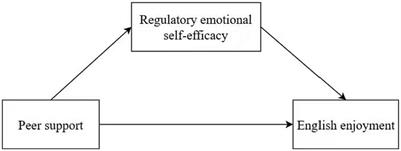
ORIGINAL RESEARCH
Published on 13 Nov 2023

ORIGINAL RESEARCH
Published on 02 Nov 2023

ORIGINAL RESEARCH
Published on 02 Oct 2023
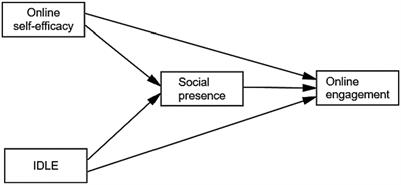
ORIGINAL RESEARCH
Published on 14 Jul 2023

ORIGINAL RESEARCH
Published on 08 Jun 2023
